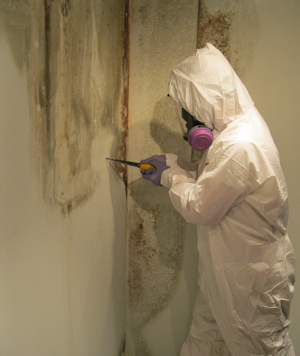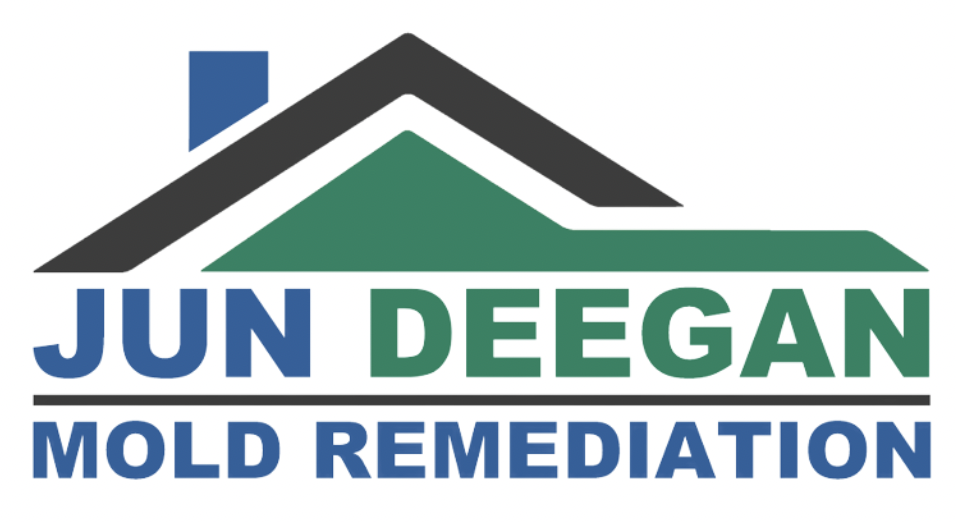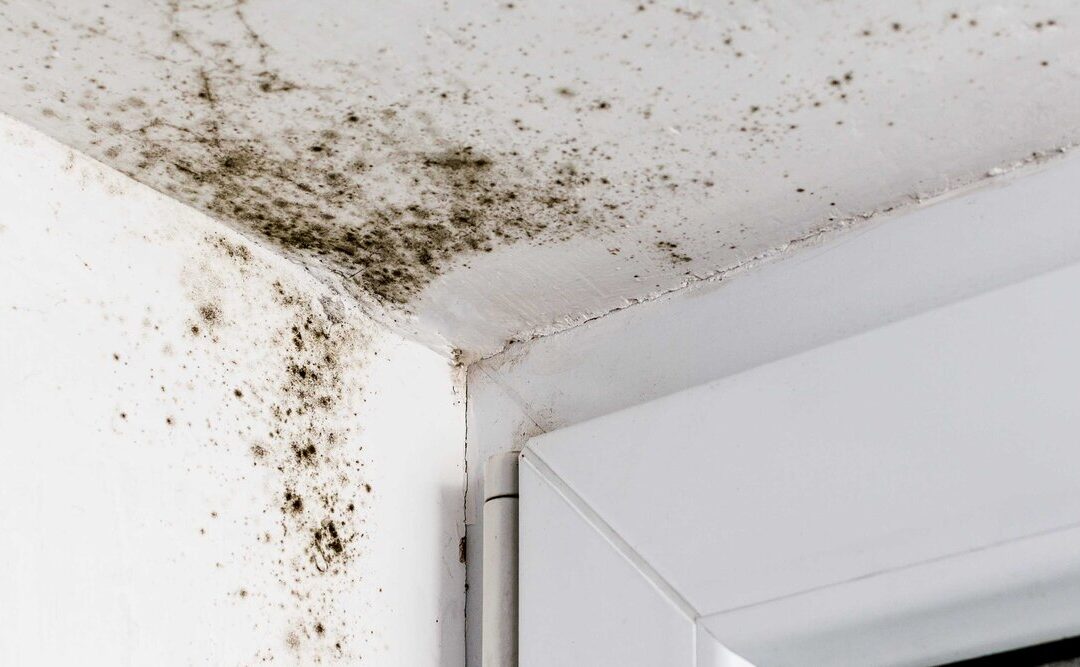Mold is a common yet potentially harmful problem in many homes and buildings. For homeowners in Lebanon, NJ, the humid climate combined with seasonal rain can lead to mold growth if not properly managed. Understanding the signs that you need mold remediation is critical, as early action can help prevent extensive property damage and health issues. Here’s what you need to know about identifying the need for mold remediation in Lebanon.
Mold Remediation in Lebanon, NJ
1. Visible Mold Growth
One of the clearest indicators that you need mold remediation in Lebanon is visible mold growth. Mold can appear in various colors, such as black, green, white, or brown, and it often has a fuzzy or powdery texture. It thrives in moist areas, so you may find it on walls, ceilings, bathroom tiles, and around windows or sinks. Even small patches can indicate a larger, hidden problem behind walls or under flooring. If you notice mold in any part of your home, it’s a good idea to consult with a mold remediation professional to assess the extent of the growth and prevent it from spreading further.
2. Musty Odors
A persistent musty or earthy smell is often one of the first signs of hidden mold growth. Mold produces microbial volatile organic compounds (mVOCs) as it grows, which can give off an unpleasant odor. This smell might linger even if you don’t see any visible mold. If you notice a musty odor that persists despite regular cleaning and ventilation, it’s wise to have a mold inspection conducted, as the smell could be coming from mold growing in hard-to-reach areas like behind walls, in crawl spaces, or in ductwork.
 3. Water Damage or Leaks
3. Water Damage or Leaks
Lebanon’s climate can contribute to water damage from storms and seasonal rains, creating ideal conditions for mold growth. If your home has experienced recent flooding, roof leaks, plumbing issues, or water intrusion from rain, you’re at risk for mold. Mold typically begins to grow within 24 to 48 hours of water exposure, making it essential to address leaks and dry affected areas as quickly as possible. If water damage has occurred and wasn’t immediately dried and repaired, you may need mold remediation services to prevent mold from spreading to other areas of the house.
4. Discoloration and Staining
Mold can cause noticeable discoloration or stains on walls, ceilings, floors, and other surfaces. These stains might appear in shades of yellow, brown, green, or black and often resemble water stains or streaks. Discoloration can sometimes be subtle, but any suspicious stains should be inspected, especially in areas prone to moisture, like bathrooms, basements, and kitchens. If the staining worsens or begins to spread, it’s an indicator that mold may be actively growing and spreading in your home.
5. Peeling or Bubbling Paint and Wallpaper
If the paint or wallpaper in your home begins to bubble, peel, or warp, this could indicate a moisture issue behind the surface, which often leads to mold growth. Mold spores thrive in damp environments, and once moisture seeps behind your walls, it can trigger mold growth that will eventually affect the surface layer. This sign is common in bathrooms, kitchens, and basements. If you notice peeling or bubbling paint, it’s wise to have a Lebanon mold remediation professional inspect the area.
6. Allergy-Like Symptoms
Exposure to mold can lead to various health issues, especially for individuals with allergies, asthma, or compromised immune systems. Common symptoms of mold exposure include sneezing, coughing, runny nose, skin irritation, red eyes, and sore throat. In some cases, prolonged exposure can result in more severe respiratory issues, such as wheezing or difficulty breathing. If you or your family members experience persistent allergy-like symptoms that improve when away from home, it’s possible that mold may be the cause. A professional inspection can help determine if mold is present and address it effectively to reduce health risks.
7. Increased Humidity Levels
Mold grows best in humid environments, so maintaining indoor humidity levels below 60% is crucial. High humidity can be a common issue in Lebanon due to seasonal climate factors, making it essential for homeowners to monitor indoor humidity. Signs of high humidity include condensation on windows, damp air, and moisture accumulation in certain areas of your home. Investing in a dehumidifier can help control indoor humidity and reduce the chances of mold growth. If you’re struggling to maintain acceptable humidity levels, consult with a mold remediation expert who can provide additional solutions for humidity control and mold prevention.
8. Previous Mold Remediation
If you’ve had mold issues in the past, there’s a risk that mold could return, especially if the root cause wasn’t fully addressed. Many homeowners in Lebanon may have experienced mold growth due to flooding or other water-related incidents. If you’re noticing any signs of mold in the same area where remediation was previously done, it’s likely that mold could be recurring. In this case, it’s essential to consult a reputable Lebanon mold remediation professional to assess the issue, ensure thorough cleanup, and implement measures to prevent further mold growth.
9. Warped Wood or Furniture
When wood or other organic materials absorb moisture, they can begin to warp, crack, or rot. Mold can often be found growing on wooden structures like floor joists, studs, and wooden furniture in areas with excessive moisture. If you notice any signs of warping or deterioration on wooden materials in your home, it may be an indicator of moisture and mold issues. Furniture stored in damp basements or attics is especially susceptible, and mold can often penetrate deep into wood, making it challenging to remove without professional assistance.
Recognizing the signs of mold growth is essential for homeowners in Lebanon, NJ, especially with the local climate creating conditions conducive to mold. Visible mold, musty odors, water damage, and allergy-like symptoms are some of the telltale signs that mold remediation may be needed. Addressing mold issues early can help you avoid extensive damage and reduce potential health risks for you and your family. If you suspect mold in your home, don’t hesitate to reach out to a trusted local mold remediation specialist who can assess the extent of the issue and provide effective solutions. Regular inspections and preventative measures will help protect your property and create a healthier living environment.
Looking for a Great Lebanon Mold Remediation Company?
If mold recurrence is a concern, consulting with NJ mold experts is a wise decision. With Jun Deegan Mold Remediation, you’re not just getting remediation; you’re investing in a long-term mold-free environment. Our proficient team addresses not only the visible mold but delves deeper to rectify moisture sources, ensuring mold doesn’t find its way back to your premises. Connect with Jun Deegan, where eradication meets prevention, ensuring you a safe, mold-free dwelling. Your peace of mind is just a call away.
Other Posts:
West Amwell Mold Removal Company: Key Signs to Look For
Mold Inspection in Hunterdon County
Mold Remediation in Somerset County

